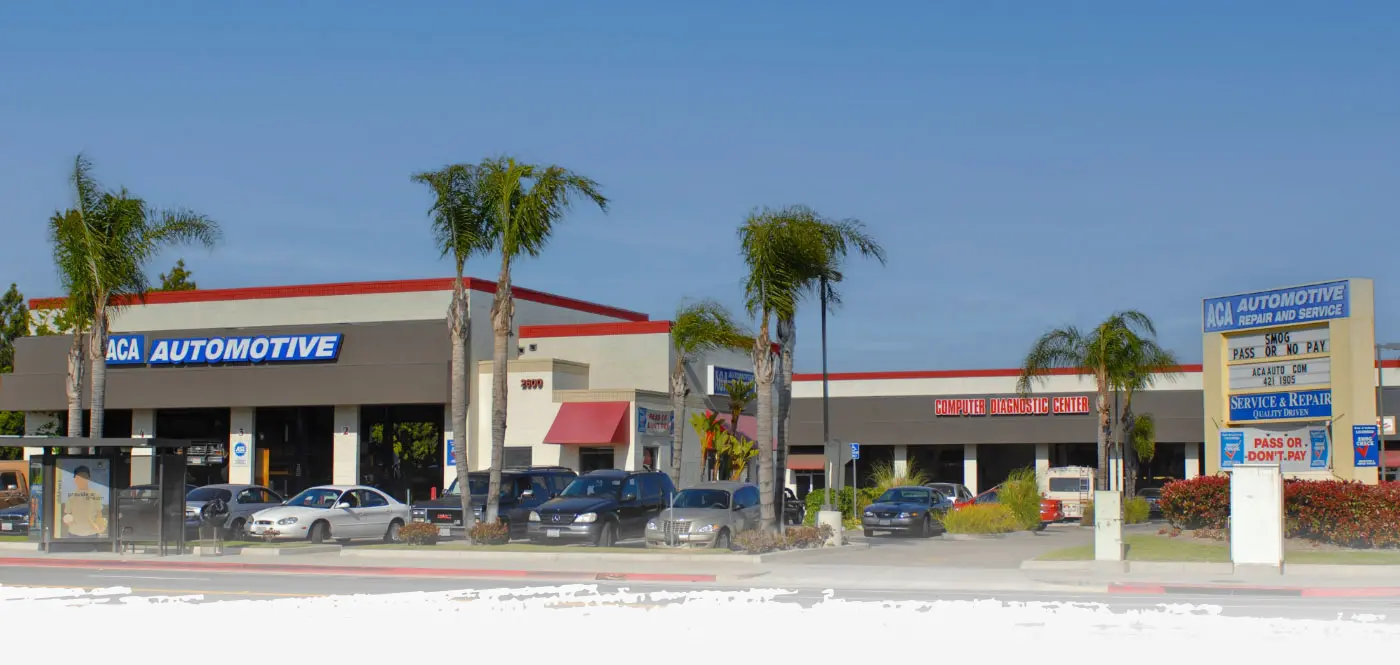
Checking Fluid Levels
Checking Fluid Levels
The Importance of Checking Fluids
At ACA We Service All Makes and Models
There are several fluids that are absolutely essential to keeping your car running properly. Some lubricate the engine’s many moving parts, and others cool down or distribute heat that would otherwise damage your vehicle. Checking your fluids regularly can keep your car running well for longer. The experts at Advanced Computer Automotive are very well equipped to make sure that your car has what it needs to work well.
Engine oil lubricates the engine’s moving parts and prevents corrosion. You can read more about it here. The old rule about getting your oil changed every 3,000 miles is a bit misleading. In fact, the main benefit of coming in that often miles is to have professionals check your car’s belts, hoses, filters and fluids. Most auto manufacturers now recommend an oil change every 7,500 miles. If you let it go too long and the oil begins to break down, your engine can be seriously damaged.
Power steering fluid is kept pressurized by a pump powered from the engine. It helps to keep your steering easy and smooth. The fluid levels rarely go down, so if they’re low you probably have a leak somewhere. If you feel a creaking in the steering wheel, that’s one sign the fluid may be low.
Transmission fluid lubricates and cools the gears in the transmission. The most common cause of transmission failure is overheating, which is usually caused by worn out transmission fluid. Transmission fluid is usually red, but over time heat oxidizes the fluid and turns it brown. Oxidized fluid doesn’t properly cool the transmission, which can lead to damaging overheating. Usually, transmission fluid should be changed every 30,000 miles or so.
Coolant, also known as antifreeze, does exactly what you think: it helps the cooling system keep your engine from overheating. Checking the contents of your car’s radiator can be dangerous if the radiator is hot, so why not let the experts at Advanced Computer Automotive safely examine it? They can thoroughly check it and perform the necessary maintenance like flushing the radiator.
Brake fluid is similar to transmission fluid, because it rarely gets low but can get contaminated. Brake fluid helps to transfer the force you produce when you step on the brake pedal to the pads and shoes that stop your car. If contaminants (even air) get into the fluid, it can compromise your ability to brake.
Some cars have maintenance free batteries, but on most batteries you’ll notice six capped cells. These cells may need to be refilled with distilled water occasionally. Do proceed with caution (like wearing gloves and eye protection) when adding the water to the cells, because battery acid can be harmful.
You know when you’re running low on wiper fluid. It’s an easy one to put off refilling, but don’t put yourself and others at risk. Instead, call (562) 421-1905 and schedule an appointment with the professionals at Advanced Computer Automotive.
